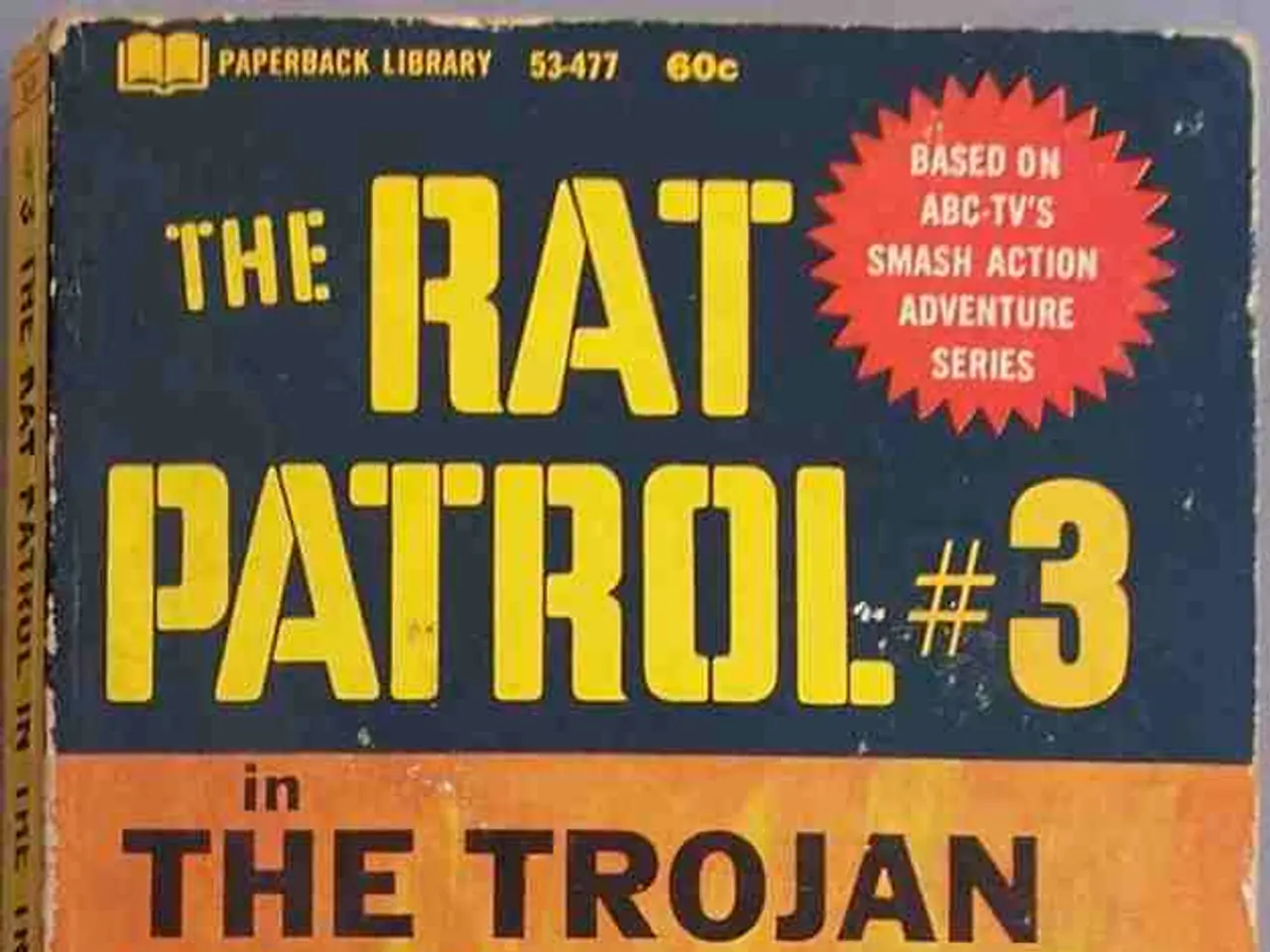Guide to War for the Uninitiated: A Layman's Perspective on Russian Conflicts
John Amble, the editorial director of the Modern War Institute (MWI), has curated a series of books aimed at helping nonexperts gain a deeper understanding of Russia as a strategic actor. These six books, recommended by Amble, provide a broad-based layer of context for understanding Russia's actions, political and strategic cultures, and military operations.
- "Red Army" by Ralph Peters
Written by Ralph Peters, a US Army military intelligence officer, "Red Army" offers a fascinating glimpse into key elements of Soviet military culture that have been inherited by the Russian Army today. The novel portrays a surprise attack in the 1980s from the perspective of Soviet forces, highlighting their preference for mass artillery-centric planning, micromanaging senior leaders, media manipulation, tactical inflexibility, and a willingness to accept high casualties for limited gains.
- "A Short History of Russia" by Mark Galeotti
This concise book covers over a thousand years of Russia's history in less than two hundred pages. It serves as an excellent starting point for those looking to understand the historical context that has shaped modern Russia.
- "Day of the Oprichnik" by Vladimir Sorokin
"Day of the Oprichnik" is a novel set in 2028 and references the oprichniki, a coterie of specially selected bodyguards who served Ivan the Terrible in the late sixteenth century. In the novel, these bodyguards have been reestablished to do the leader's bidding and counter any threat to his rule. The book provides a deeply fascinating look at a near-future Russia in which the country's leader has solidified his grip on power to an even more absolute degree than Putin has so far.
- "Russia's War" by Jade McGlynn
McGlynn's book, which was read by the author to understand why there was so little Russian criticism of the invasion of Ukraine, tells readers how Russians have watched a different war than the world has. Their forces are portrayed as heroes and underdogs fighting valiantly to protect Russia and its values from a decadent and aggressive West.
- "Putin's People" by Catherine Belton
This book provides insight into how Vladimir Putin has manipulated the elites of Russia to strengthen his rule. It offers a revealing look into the inner workings of Putin's regime and the forces that have kept him in power.
- "The Future is History: How Totalitarianism Reclaimed Russia" by Masha Gessen
Gessen's book provides a chilling account of the Kremlin's ruthless crackdown on dissent. It offers a sobering reflection of the dynamics that help to keep Putin in power and the lengths to which the Russian government will go to maintain its control.
An upcoming episode of the MWI Podcast will feature a conversation with Jade McGlynn, to be released in September. This episode promises to be an insightful discussion about Russia's actions and the role of strategic culture in shaping its military operations.
The war in Ukraine, triggered by Russia's February 2022 invasion, has passed the eighteen-month mark. As the conflict continues, these books serve as essential resources for those seeking to understand the complexities of Russia's strategic actions and the cultural factors that underpin them.
- "Red Army" by Ralph Peters, being a work penned by a US Army military intelligence officer, sheds light on aspects of Soviet military culture that persist in the Russian Army today, focusing on their preferred strategies, leadership styles, media manipulation, tactical rigidity, and acceptance of heavy casualties.
- "A Short History of Russia" by Mark Galeotti encapsulates over a thousand years of Russian history in a concise manner, offering invaluable insights for those aiming to comprehend the historical foundations that shaped modern Russia.
- "The Future is History: How Totalitarianism Reclaimed Russia" by Masha Gessen chronicles the Kremlin's relentless suppression of dissent, offering a sobering perspective on the factors maintaining Putin's power and the lengths the Russian government will go to preserve its control.




